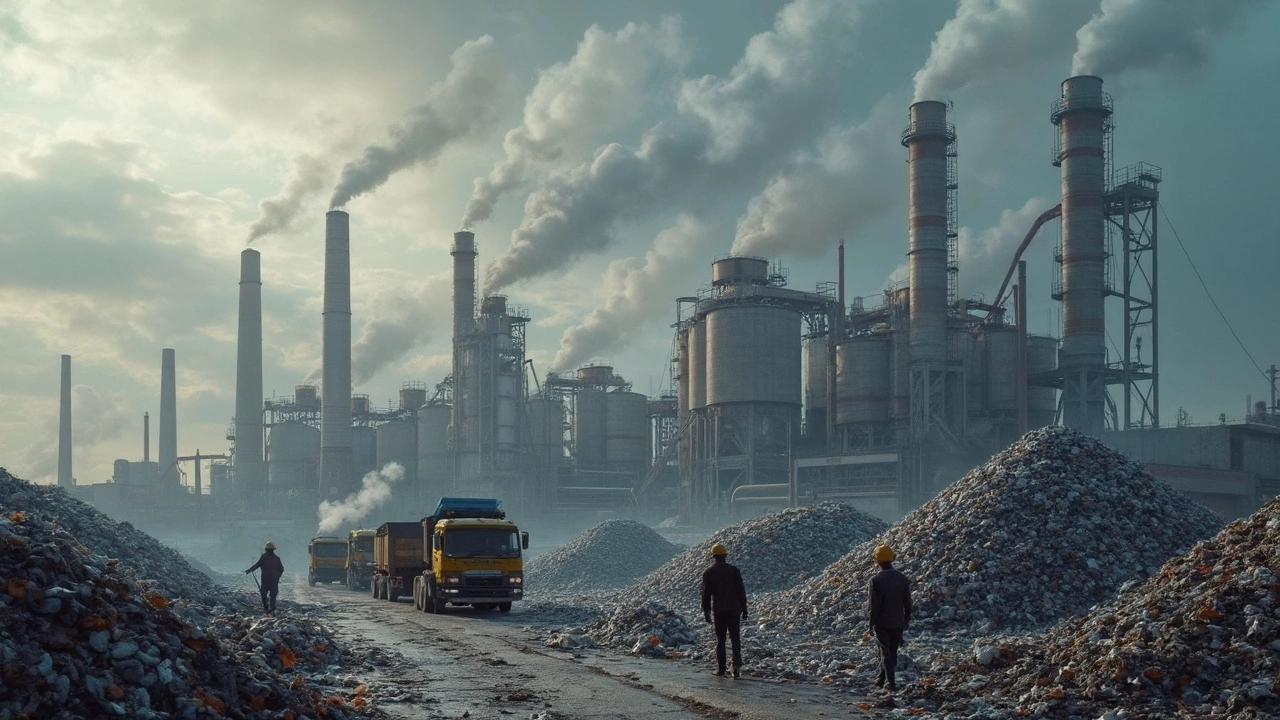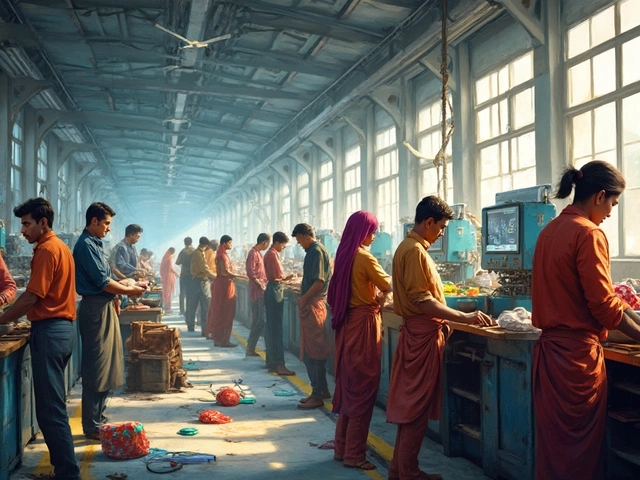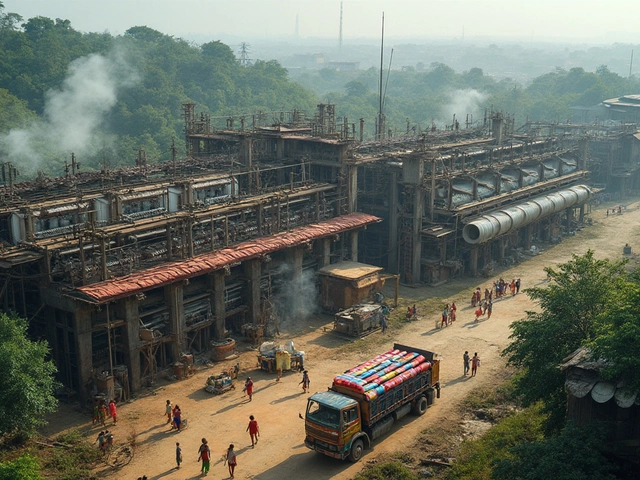Plastic seems to be everywhere you look, right? From the packaging around your late-night snack to the bottle holding your favorite soda, but have you ever stopped to think about where it all comes from? There's a handful of big players responsible for churning out most of the plastic we see and use daily.
Now, while some companies might not be household names, their products certainly are. Take ExxonMobil, for instance – they're not just about oil. They're one of the top producers of polyethylene and polypropylene, two of the most common plastics we use. Then you've got Dow Chemical and BASF who are also major contenders in this plastic marathon.
It's not just about who makes the most, though. There's a huge environmental conversation humming in the background. Plastic waste is a massive issue! These companies are under a ton of pressure to innovate and find greener solutions. But the big question is: are they doing enough? And can the little guys like us make any difference at all?
- The Heavy Hitters of Plastic Production
- Environmental Impact and Plastic Waste
- Industry Trends and Innovations
- The Consequences We See
- How We Can Make A Difference
The Heavy Hitters of Plastic Production
When we talk about the titans of plastic manufacturing, a few big names consistently pop up. These are the companies that are the driving force behind a massive chunk of the plastic we interact with every day.
First up, let's chat about ExxonMobil. It might not surprise you that this energy giant has its fingers in the plastic pie, producing significant amounts of polyethylene and polypropylene. These types of plastic are found in everything from grocery bags to car parts. Their reach is pretty impressive, with facilities across the globe churning out impressive volumes.
Next on the list is Dow Chemical, which has been a staple in the industry for over a century. They're one of the top producers of plastic resins and materials used in a slew of products. Think plastic wrap, pipes, and even some types of insulation. They're not just sitting pretty either; they're investing in technology to improve recycling processes.
Then there's BASF, a German multinational that's been in the game for over 150 years. While BASF produces a wide array of chemicals, plastics remain a crucial part of their portfolio. They've partnered with other industry movers to tackle plastic waste, which is a hot topic these days.
Let's not forget about Sinopec and SABIC, two more giants in the plastic production world. Sinopec, based in China, is making big moves in expanding its plastic production, taking advantage of the growing demand in Asia. SABIC, from Saudi Arabia, plays a significant role in supplying plastic resins globally.
| Company | Key Plastics Produced | Headquarters |
|---|---|---|
| ExxonMobil | Polyethylene, Polypropylene | Irving, Texas, USA |
| Dow Chemical | Plastic Resins | Midland, Michigan, USA |
| BASF | Various Plastics | Ludwigshafen, Germany |
| Sinopec | Various Plastics | Beijing, China |
| SABIC | Plastic Resins | Riyadh, Saudi Arabia |
These big plastic companies lead the pack, but with great power comes responsibility. There's growing awareness and pressure for them to ramp up sustainability efforts. As global conversations intensify, it'll be interesting to see how these giants adapt and innovate in a changing world focused on reducing plastic waste.
Environmental Impact and Plastic Waste
It's no secret that the world has a plastic problem. The numbers say it all – over 300 million tons of plastic get produced every year, and a significant chunk of that ends up polluting our planet. Ever thought about where that brightly colored wrapper goes right after you toss it?
Let's get real: single-use plastics are the main culprits. These are items like straws, bags, and packaging that are used once and then tossed. While companies like ExxonMobil and Dow Chemical are major movers in plastic manufacturing, their footprint on the environment is hard to ignore.
Not surprisingly, plastic waste takes years, sometimes centuries, to break down. It's clogging up our oceans, choking wildlife, and even entering our food chain. According to studies, around 8 million tons of plastic waste end up in oceans every year. Can you believe that? It's the same as dumping a garbage truck full of plastic into the ocean every minute!
And while people are increasingly aware, the problem continues. It's a complex issue where production and disposal mix with consumer habits. That's why industry trends and regulations are pushing companies to innovate — looking into biodegradable options and alternative materials to combat this issue.
Here's a snapshot of what this looks like globally:
| Region | Plastic Waste Generated (million tons) |
|---|---|
| North America | 35 |
| Europe | 38 |
| Asia | 70 |
| Global Average | 270 |
So, what's the takeaway? Sure, companies must step up their game, but it’s also on us, the consumers. We can make choices that reduce our personal plastic waste — like opting for reusable bags or avoiding products with excessive plastic packaging. Every small decision adds up!
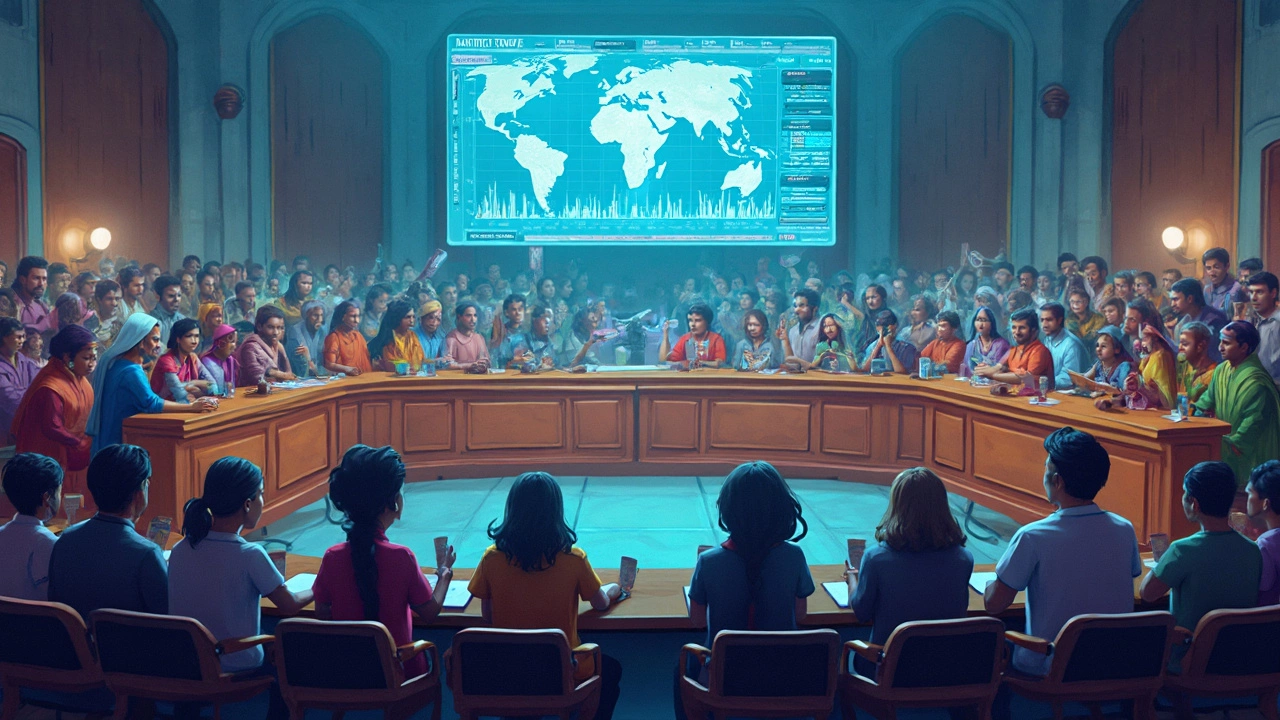
Industry Trends and Innovations
In the world of plastic manufacturing, change is afoot, and it's not just about making more plastic. With growing concerns over plastic waste, companies are hustling to find new ways to produce and use plastic more sustainably.
One big trend is the move towards biodegradable and compostable plastics. Some companies are investing heavily in these alternatives to reduce the impact on the environment. They’re exploring materials like polylactic acid (PLA), made from renewable resources like cornstarch, which can break down more easily than traditional plastics.
Recycling technology is also on the upswing. Firms are stepping up their game with advanced recycling processes, like chemical recycling, which breaks down plastic into its basic components so it can be rebuilt into new products. This way, the life of plastic can be extended, reducing the need for virgin resources.
Let's talk about innovation in packaging too. You've probably seen products in the supermarket with lighter and thinner packaging. This isn't just about cutting costs; it's a deliberate effort to use less plastic in each product. Some companies are even experimenting with refill stations for common products to cut down on single-use plastic.
Last but not least, there's collaboration between companies, governments, and environmental groups. Initiatives like the New Plastics Economy Global Commitment aim to create a circular economy for plastic. The goal? Keep it in use longer, out of the oceans, and in a closed-loop system. There's hope that through teamwork, the industry can make a meaningful impact on the planet.
The Consequences We See
Alright, so we know these plastic manufacturing giants are producing a ton of plastic, but what does that actually mean for us and our planet? The impact is huge and not in a good way. Think about it: around 300 million tons of plastic are produced every year, with a significant chunk ending up as waste. And here's the kicker - a lot of this plastic takes hundreds of years to break down.
Plastic waste clogs our oceans, harms marine life, and even creeps into our food chain. Ever heard of the Great Pacific Garbage Patch? It’s a massive floating island of trash twice the size of Texas, and much of it is plastic. Sea turtles mistake plastic bags for jellyfish, and seabirds are found with bellies full of plastic bits. Yikes!
There's also the carbon footprint to consider. Manufacturing plastic often relies on fossil fuels, which means more greenhouse gases. ExxonMobil and other big players are under pressure to rethink their carbon footprints as awareness grows about the link between plastic waste and climate change.
And don’t think it’s just the environment taking a hit. There’s a human cost too. People living near plastic production sites report health issues, and it's not hard to see why. Pollution and toxic chemicals? Not the best neighbors, are they?
Numbers talk, right? Check this out:
| Year | Plastic Production (Million Tons) | Plastic Waste (Million Tons) |
|---|---|---|
| 2022 | 380 | 275 |
| 2023 | 390 | 285 |
| 2024 | 400 | 295 |
These figures are climbing yearly, but it's not all doom and gloom. There’s a lot of action on the horizon. Countries and corporations alike are pledging to cut down their plastic use and invest in recycled plastics. The more we hold these plastic producers accountable and make our own efforts to reduce plastic use, the sooner we’ll see a shift.
Sure, it's a big problem. But together, we can chip away at it, right?
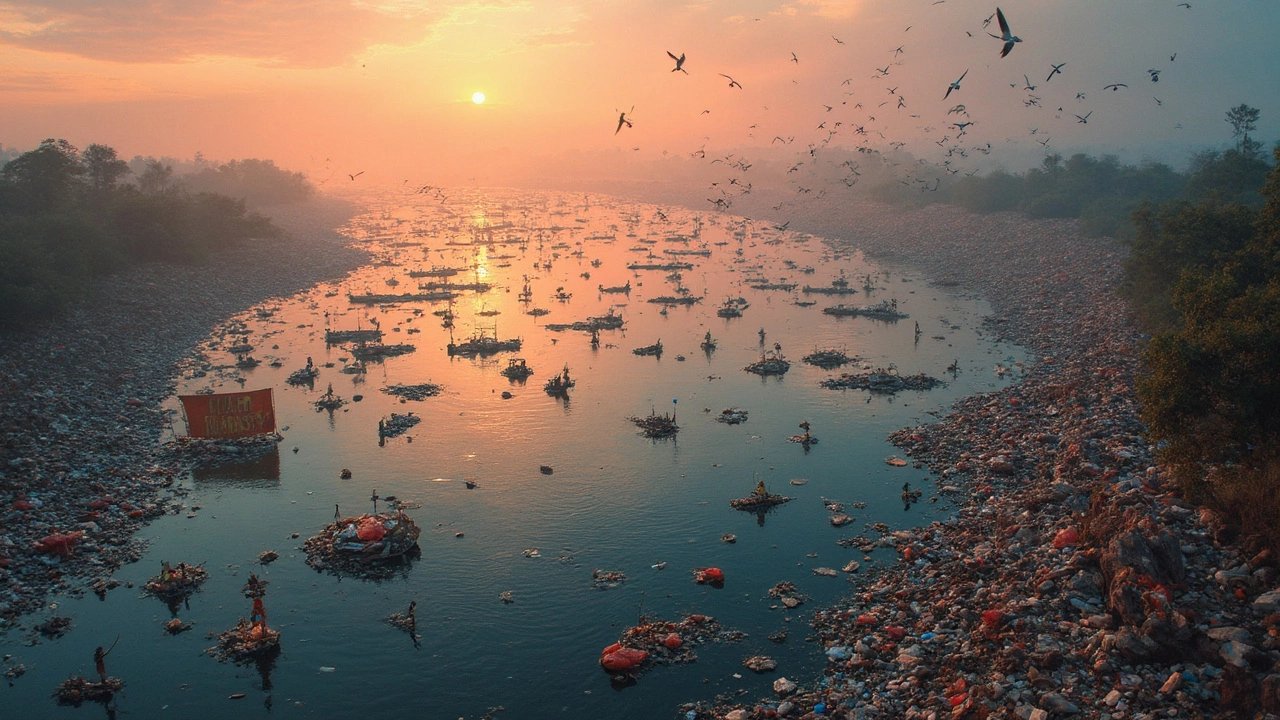
How We Can Make A Difference
Feeling overwhelmed by all the plastic out there? Don't worry, you're not alone. But the good news is, even small changes can make a huge impact. Ever heard the saying 'vote with your wallet?' Well, it's a thing! Every time you choose items with less packaging or pick plastic alternatives, you're nudging companies to change their ways.
So, what can we actually do? Let's break it down:
- Recycle Properly: It sounds basic, but sticking to the local recycling guidelines can make a world of difference. Contamination is a huge problem, and plastics often get rejected because they're not clean or sorted correctly.
- Support Plastic-free Brands: There are tons of brands opting for less plastic. Next time you're shopping, check for products with eco-friendly packaging.
- Bring Your Own: Always having a reusable bottle or bag can save heaps of plastic every year. Just think about all those disposable cups and bottles you'd avoid!
Beyond personal choices, there's power in numbers. Joining community clean-ups or supporting organizations pushing for better regulations can amplify your impact. These groups often focus on policy changes, aiming for regulations that hold companies accountable for their plastic manufacturing practices.
On a larger scale, there's also a big move towards the circular economy—where materials are reused and remanufactured, not just tossed away. It's a shift in perspective from traditional models, and it's gaining traction worldwide. Joining discussions, spreading the word, or even sharing this info with friends and family can help spark broader change.
Remember, it's all about making conscious choices and encouraging others to do the same. Everything counts! 🌍
